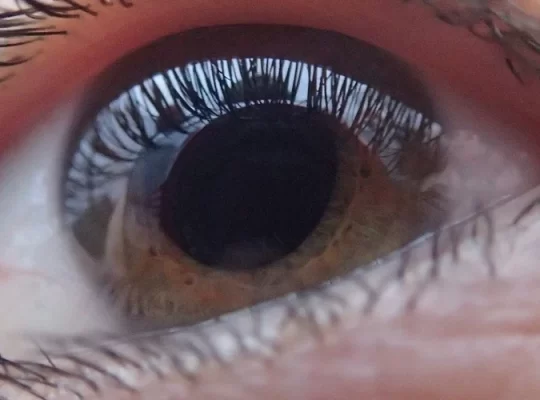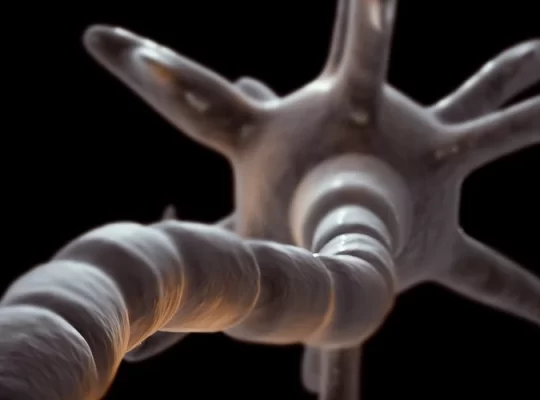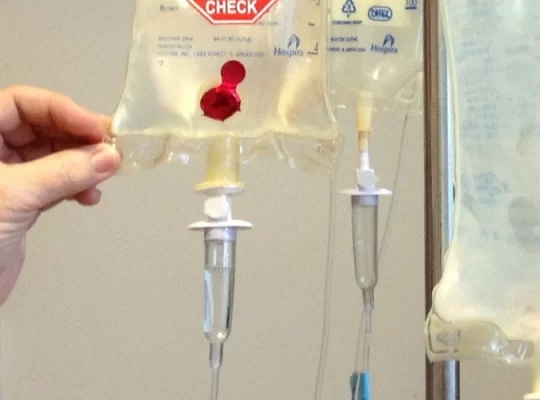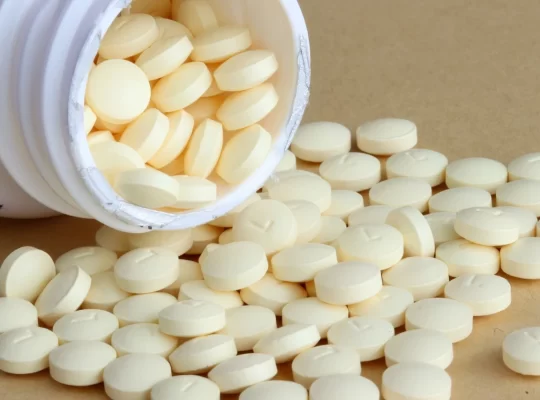Insomnia Treatment with Cannabis
For ages, people have used cannabis to cure sleeplessness. There has been a growing corpus of scientific studies on the efficacy of cannabis for insomnia in recent years. According to this study, cannabis may be a valuable medication for certain patients suffering from sleeplessness. Cannabinoids Cannabis interacts with the endocannabinoid system, which is one of …









